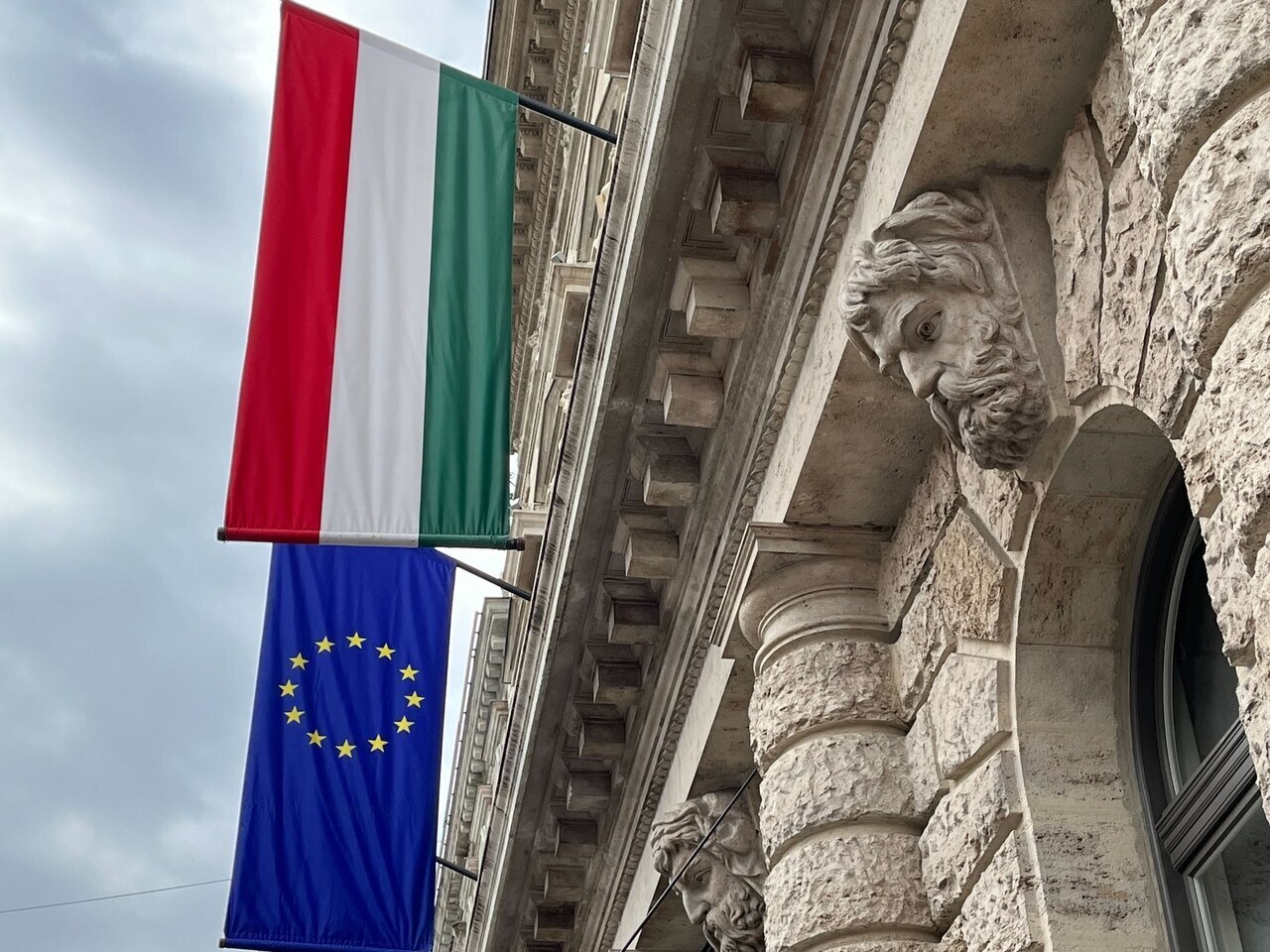Hungary supports strengthening OSCE role in peace making

Hungary supports strengthening the role of the Organization for Security and Co-operation in Europe (OSCE), which acts as the last channel for East-West dialogue, in peacebuilding, the foreign minister said in Budapest on Thursday.
At a joint press conference with Bujar Osmani, the foreign minister of North Macedonia, who currently holds the rotating chairmanship of the OSCE, Péter Szijjártó said maintaining dialogue between the parties was the only way that could lead to peace in Ukraine, according to a foreign ministry statement.
“We, Hungarians, who live here in the neighbourhood of war, want peace as soon as possible,” he said.
“Every single day that is spent in war brings more deaths and more destruction. The propaganda that better conditions for a peace agreement can be won on the battlefield is false. The conditions for peace negotiations are much better today than they will be tomorrow, and today they are much worse than they were yesterday,” he said.
“Therefore, the Hungarian government strongly supports the North Macedonian presidency so that the OSCE can continue to serve as a communication channel between East and West, Russia and the western half of Europe”.
Szijjártó urged the initiation of genuine negotiations on the EU accession of Albania and North Macedonia. He argued that Europe was facing extraordinary economic and security challenges, therefore, stability and peace in the Western Balkans he said had never been more important.
Today, the EU has more interest in enlargement than the Western Balkans, he said, because the bloc is unfortunately weak and is getting weaker. “We can only reverse this if the European Union begins to grow, because if it becomes larger, it will also be stronger, and this can only happen through enlargement,” he said.
He said the reason for the failure of further enlargement so far was that neither Brussels nor some of the member states were honest on this matter, because in public they support the process, but behind closed doors they make more skeptical statements.
“That is why we consider it unacceptable that the president of the European Council wants to postpone the date of admitting new members until 2030,” he said.
The minister asked what the community wants to do during these seven years. “If NATO, which is a defense alliance, was able to include three Western Balkan countries, I think the European Union should be able to follow suit,” he said.
“At every meeting of the foreign affairs council, I listen to the lamentations of others that the Russians, the Turks, and I don’t know who else are gaining ground for themselves in the Western Balkans. It would be easy to go against this. For example, by admitting them to the European Union,” he argued.
Answering questions, Szijjártó confirmed that the government did intend to buy Budapest Airport and that negotiations were under way, but it would be too early to disclose details. He said the ownership of the country’s largest airport was a strategic question.
On the ratification of Finland and Sweden’s NATO membership, he said it was a legitimate question for debate that the admission of the two countries would make the border between Russia and NATO several hundred kilometres longer, but nevertheless the government had submitted a proposal to parliament for approval of the ratification.
Source: MTI

